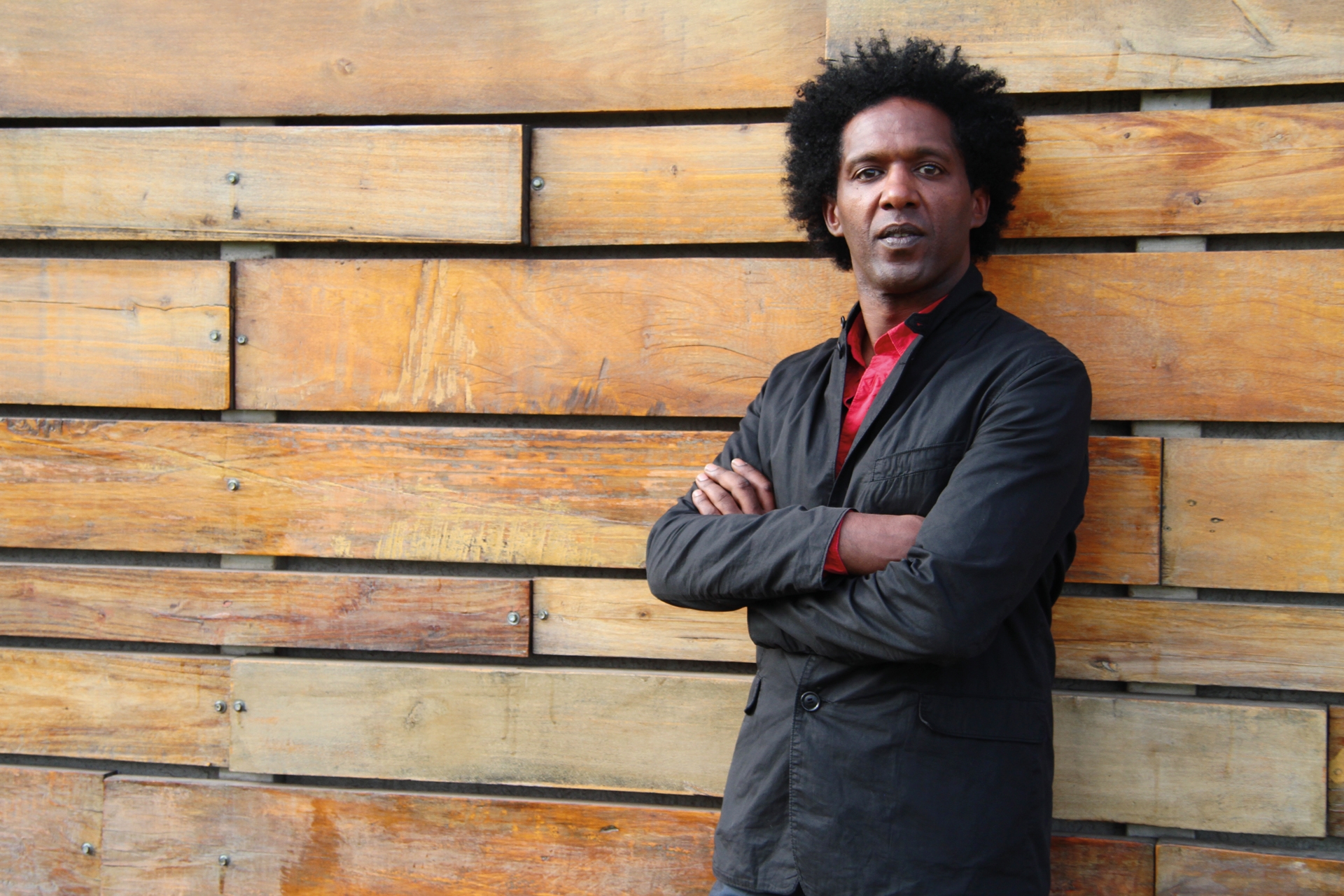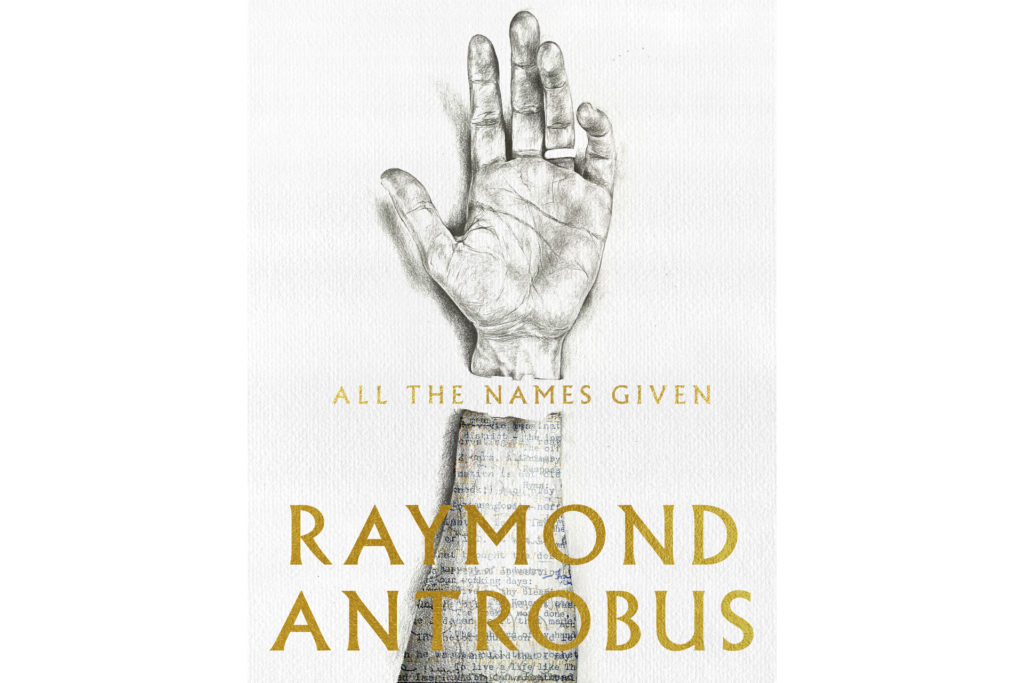
- HOME
- CULTURE
National Poetry Day: Five Writers For Your Autumn Reading List
The voices making waves in poetry
By | 3 years ago
Author Allie Esiri rounds up the poets to add to your bookshelves this autumn
While my previous books have largely focused on the poems themselves, A Poet for Every Day of the Year is invested in the individuals behind the lines. I’m delighted with the opportunity to include some of the very finest, if not duly recognised, poets, moving beyond the usual, rather stale, almost exclusively dead- white-male-dominated format. My book will introduce the reader to dozens of figures shaping the poetry world today, alongside all the classic names you’d expect to find in such a collection. And to give you a taster, in these pages I’ve chosen five of my favourite contemporary poets, those I think everybody should discover.
A Poet for Every Day of the Year (Pan Macmillan) by Allie Esiri is out on 30 September
Photo: Lemn Sissay, © Aida Muluneh
READ MORE
Books to Read Before They Hit the Screens / Best Independent London Cinemas / Kamila Shamsie on Refugee Tales








